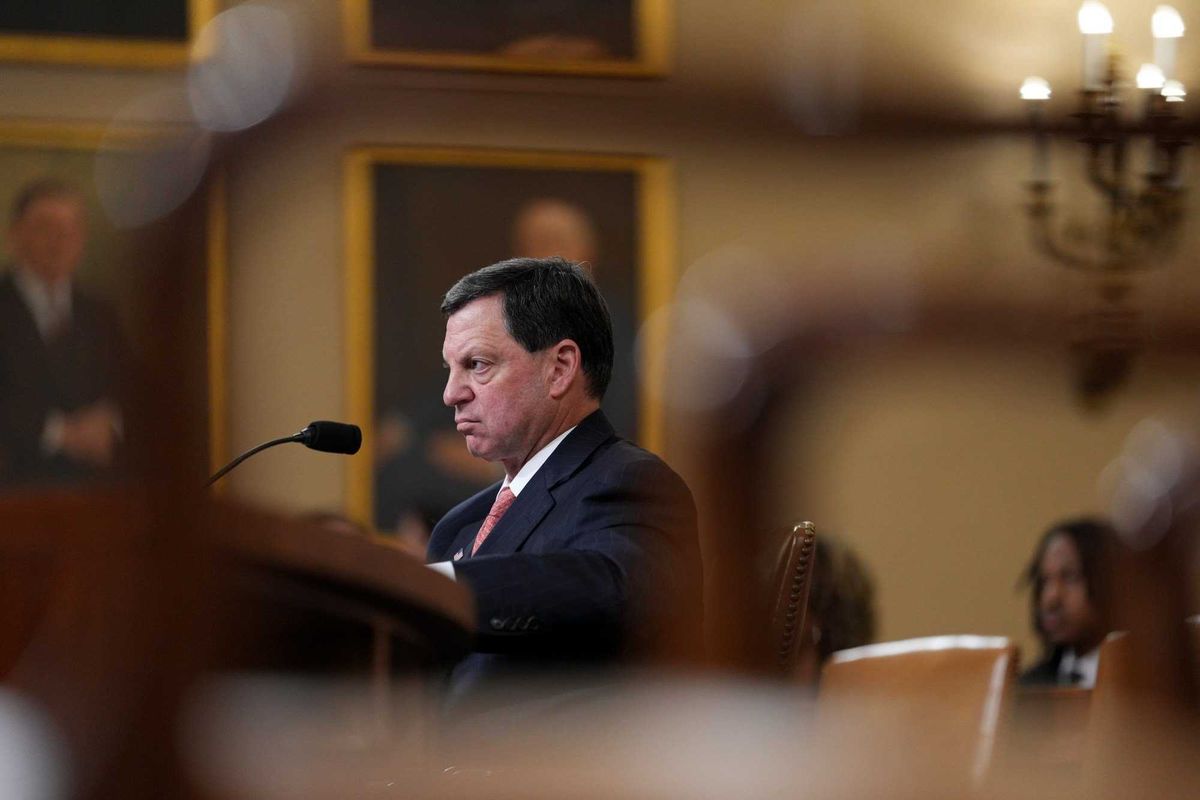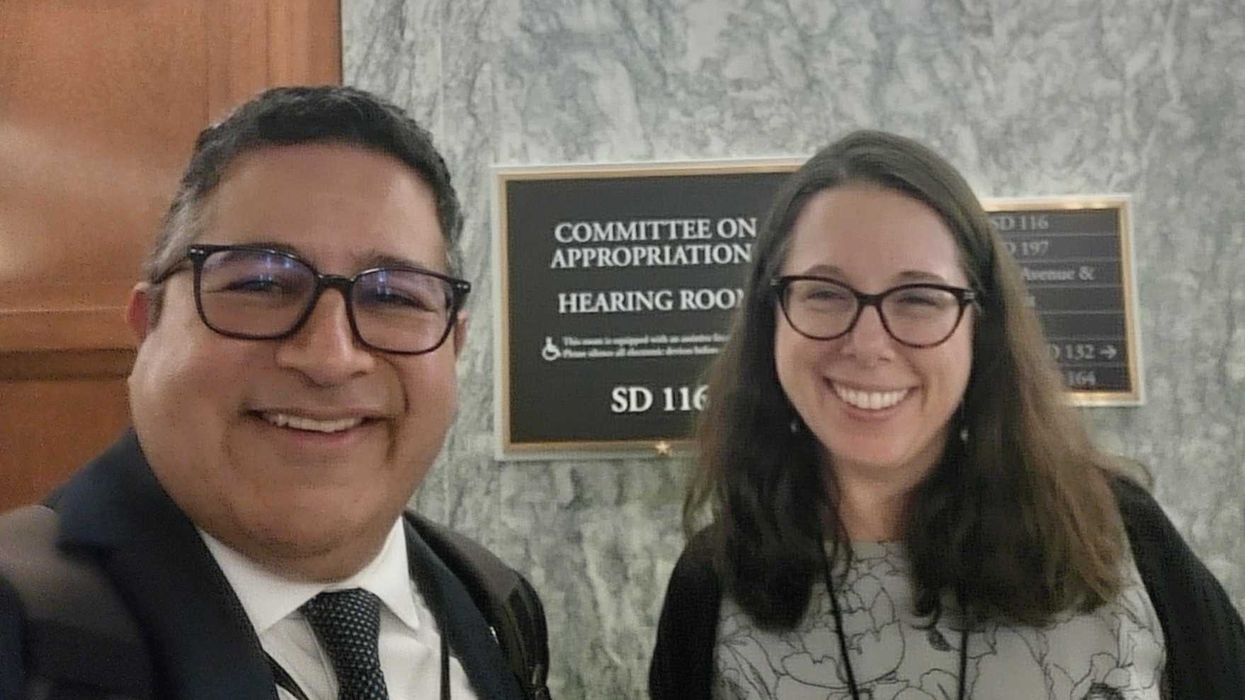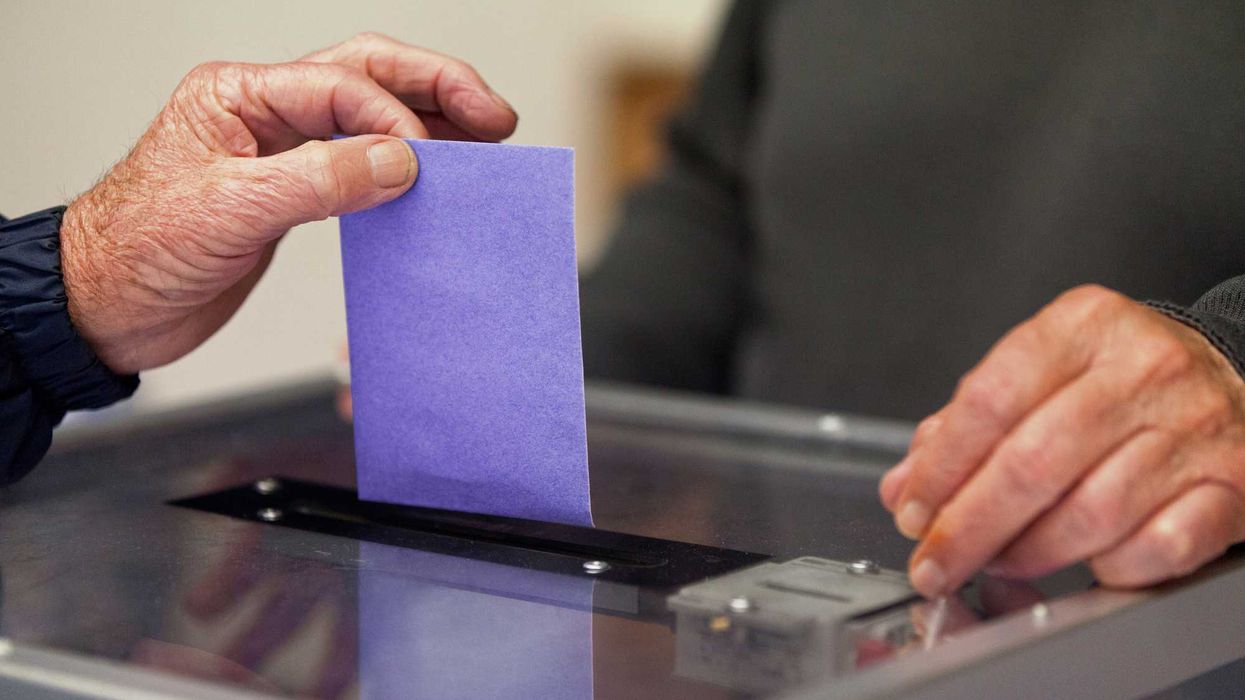At last weekend's annual commemoration of the 1965 civil rights standoff in Selma, Ala., most of the attention focused on the 2020 presidential candidates who attended. But the 2016 presidential loser made some news as well.
A main reason for her defeat, Hillary Clinton told an audience, was the Supreme Court's striking down six years ago of the Voting Rights Act requirement that jurisdictions with histories of racial discrimination obtain federal approval for any changes to voting laws or practices.
After saying that opponents of the law "found a receptive Supreme Court who came up with the most absurd decision," she argued that the changes didn't just "make a difference in Alabama and Georgia. It made a difference in Wisconsin, where the best studies that have been done said somewhere between 40,000 and 80,000 people were turned away from the polls because of the color of their skin, because of their age, because of whatever excuse could be made up to stop a fellow American citizen from voting."
Several legal experts contact by Salon disputed her rationale, noting that Wisconsin was not covered by the so-called preclearance requirement the court ruled unconstitutional in 2013 (nor were any of the other Rust Belt states where she was narrowly upset by Donald Trump).


















